The Hispano Suiza Carmen Sagrera is an esoteric Spanish hypercar
The reborn Spanish car brand continues to forge a unique path with the striking all-electric Carmen Sagrera, a celebration of 120 years of the Hispano Suiza name
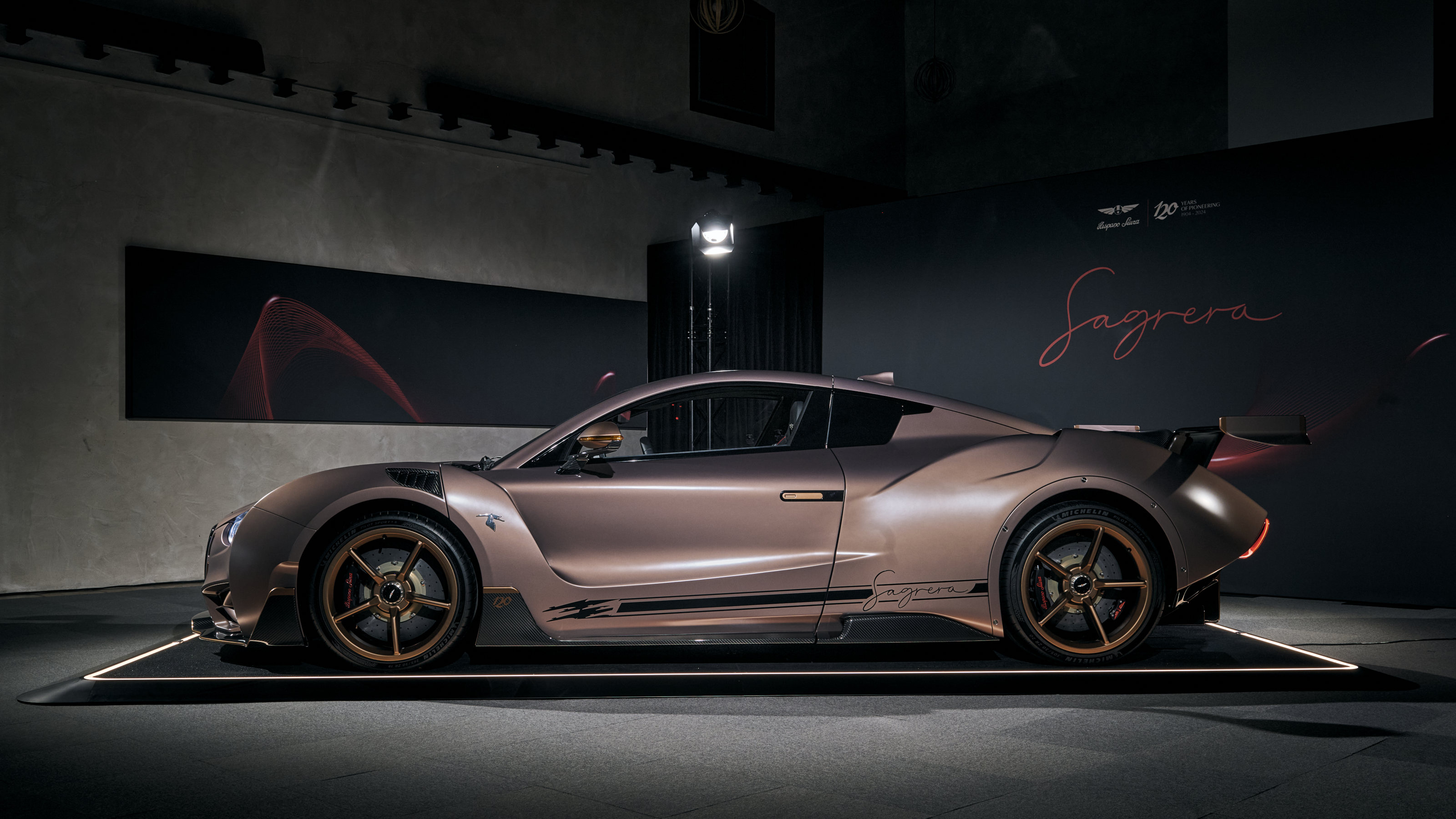
Hispano Suiza is a great and storied name in motoring, so much so that there were two competing companies both vying for the rights at one point. One, which launched with a concept at the 2010 Geneva Motor Show had vague affiliations with the 120-year-old industrial conglomerate that now forms part of Safran S.A., the French multinational aerospace and defence corporation.
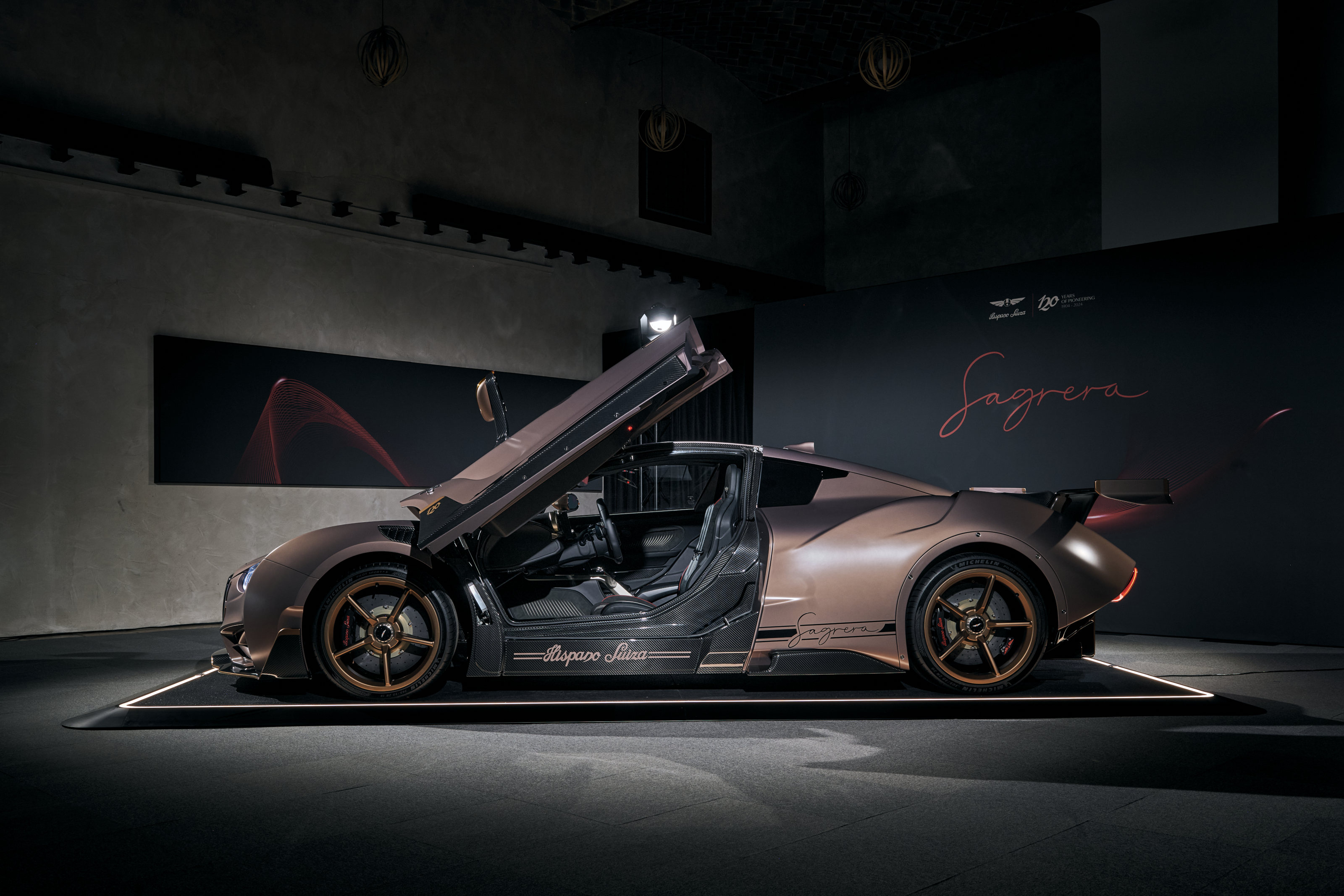
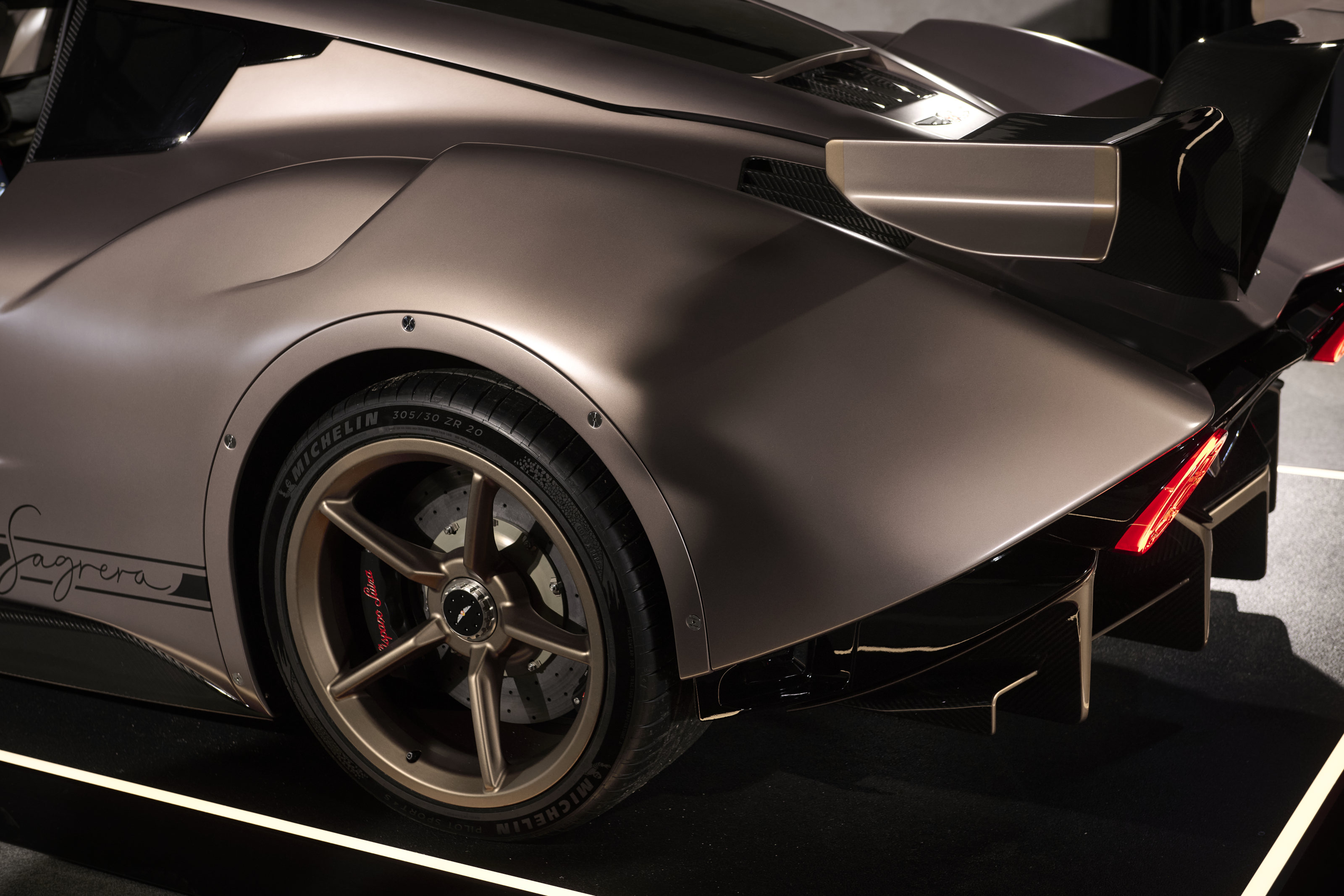
This, however, is the Carmen from Hispano Suiza Cars, another more successful attempt to bring the nameplate back, this time in association with the Suqué Mateu family and their winemaking and leisure company, the Grup Peralada. As descendants of Hispano Suiza’s original founders, Swiss engineer Marc Birkigt and Spaniard Damián Mateu (hence the name), the new iteration is focusing on luxury electric sports cars.
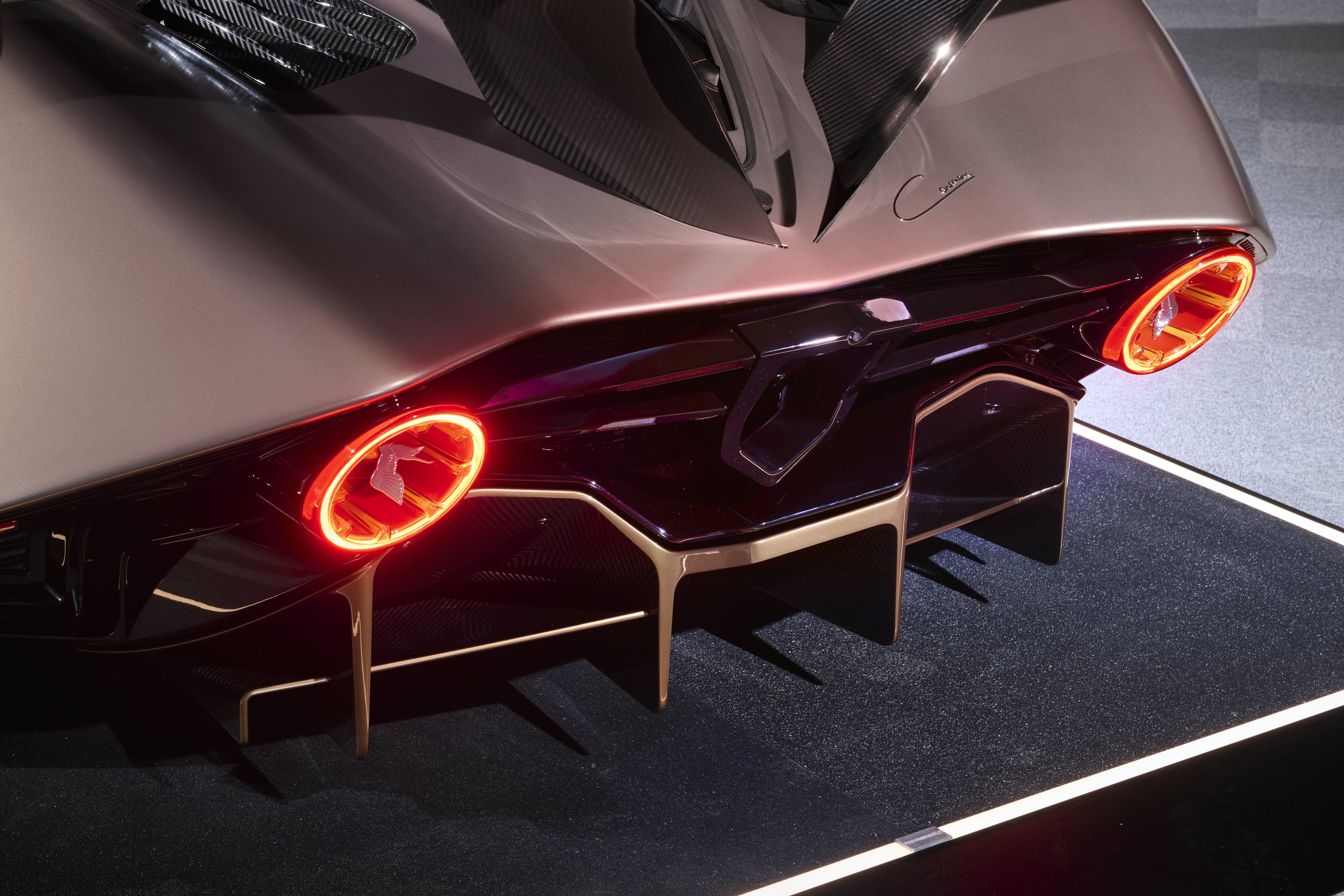
The Carmen broke cover back in 2019, but this updated and enhanced model is the Carmen Sagrera, designed to celebrate the 120th anniversary of Hispano Suiza and implement a new generation of battery. The Carmen is unlike almost anything on the road, with forward-hinged doors, pronounced wheel arches and a tapering tail.
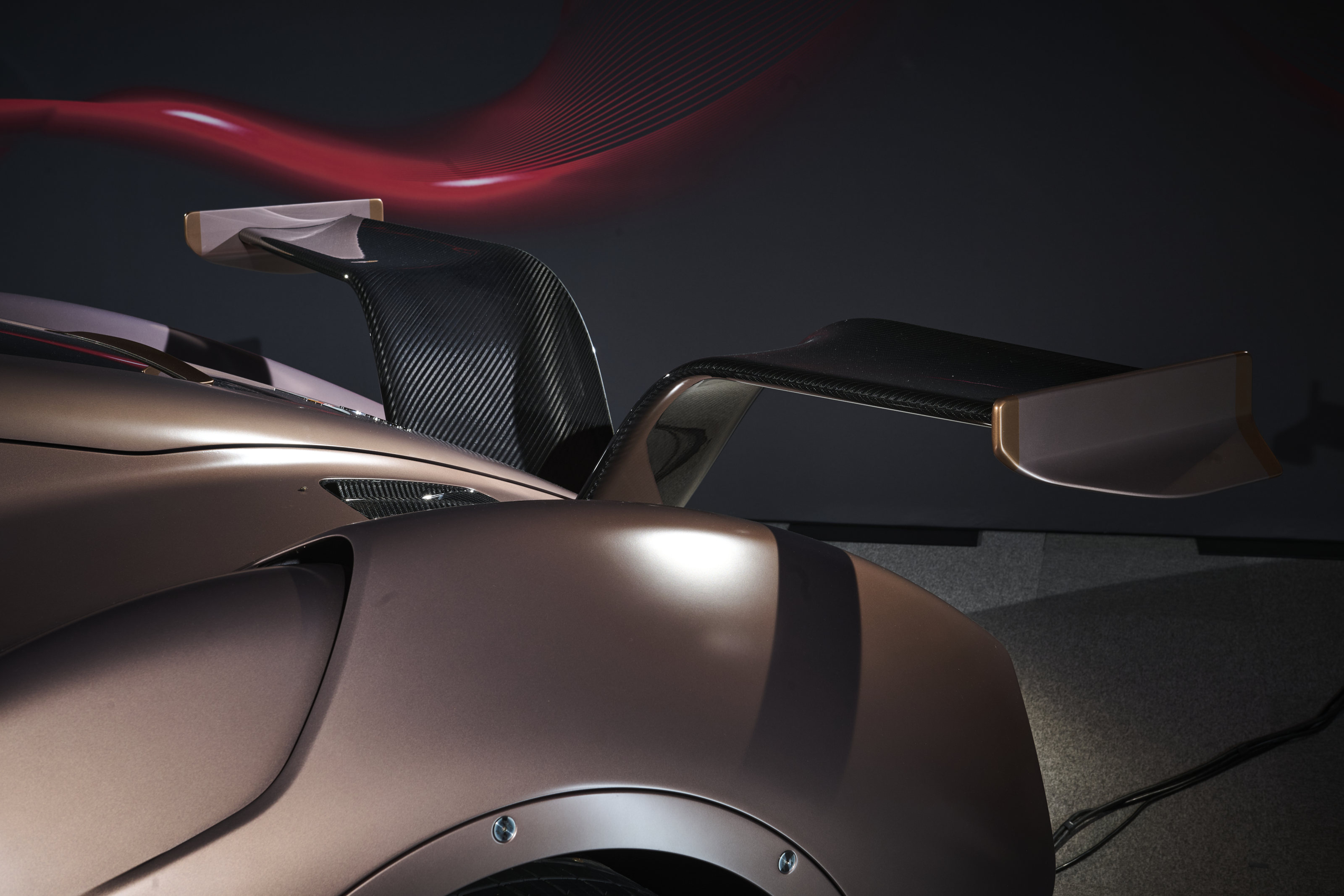
The car’s design was originally inspired by one of the marque’s inter-war icons, the one-off Hispano-Suiza H6B Dubonnet Xenia, built for the heir to the Dubonnet aperitif fortune, the racing driver André Dubonnet. Named after his second wife, the 1938 H6B Xenia was a streamlined sensation, designed by Jean Édouard Andreau.
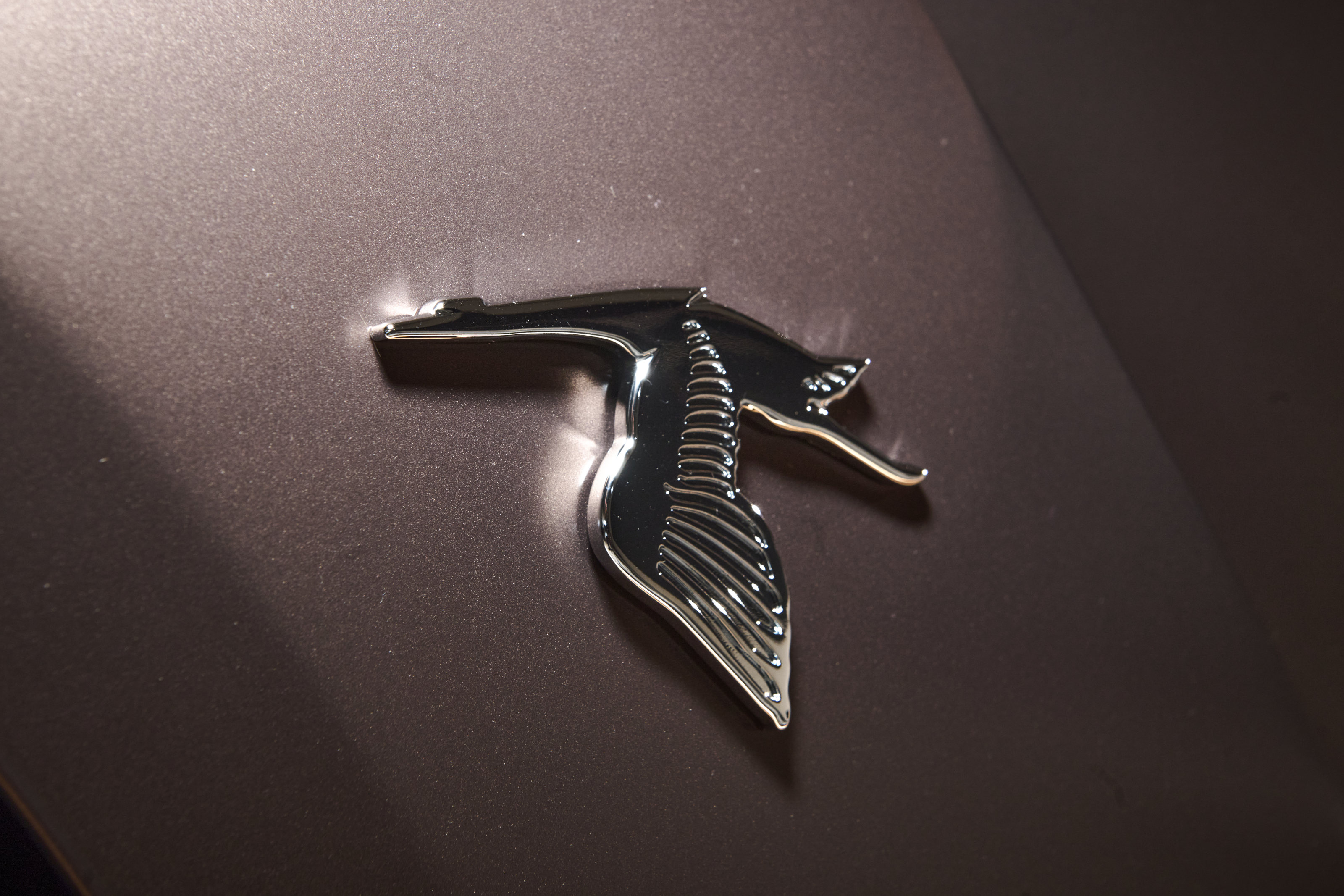
The newest variant of the Carmen shares some of these extrovert genetics. Swathes of carbon fibre have been added to lighten the load and improve the aerodynamics, culminating in forked ‘wings’ that rise rising out from the rear deck (a nod to the firm’s stork logo). At the front, the grille has been revised to evoke the Hispano Suiza Alfonso XIII model, originally known as the Type 15 but renamed following its association with the King of Spain in the early 20th century.
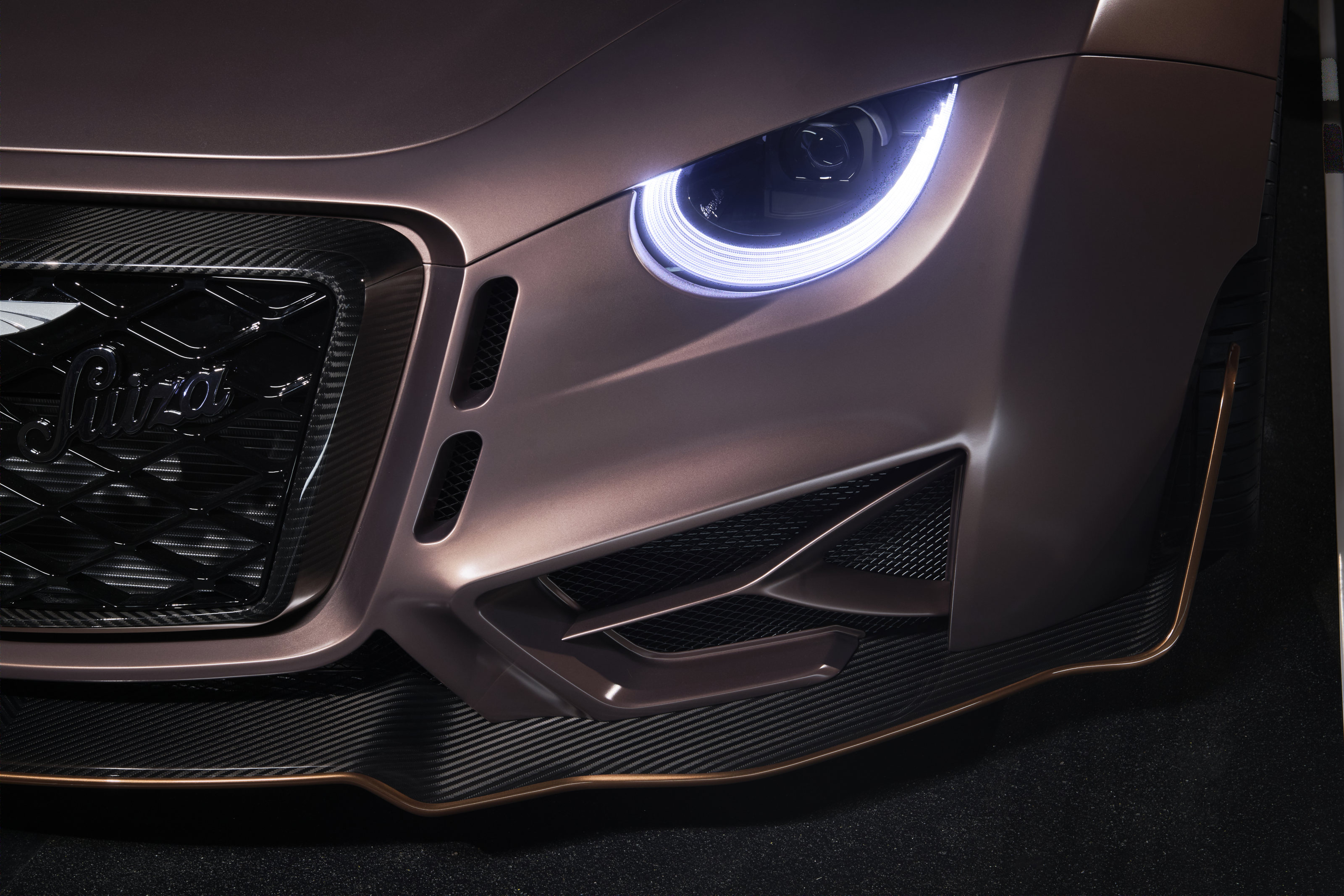
Underneath all this drama is a sizeable 103kWh battery, relatively lightweight at 612kg, powering four motors. This ups the Carmen’s range to just under 300 miles. The interior is just as elaborate, with even more carbon and Alcantara trim and lavish detailing.
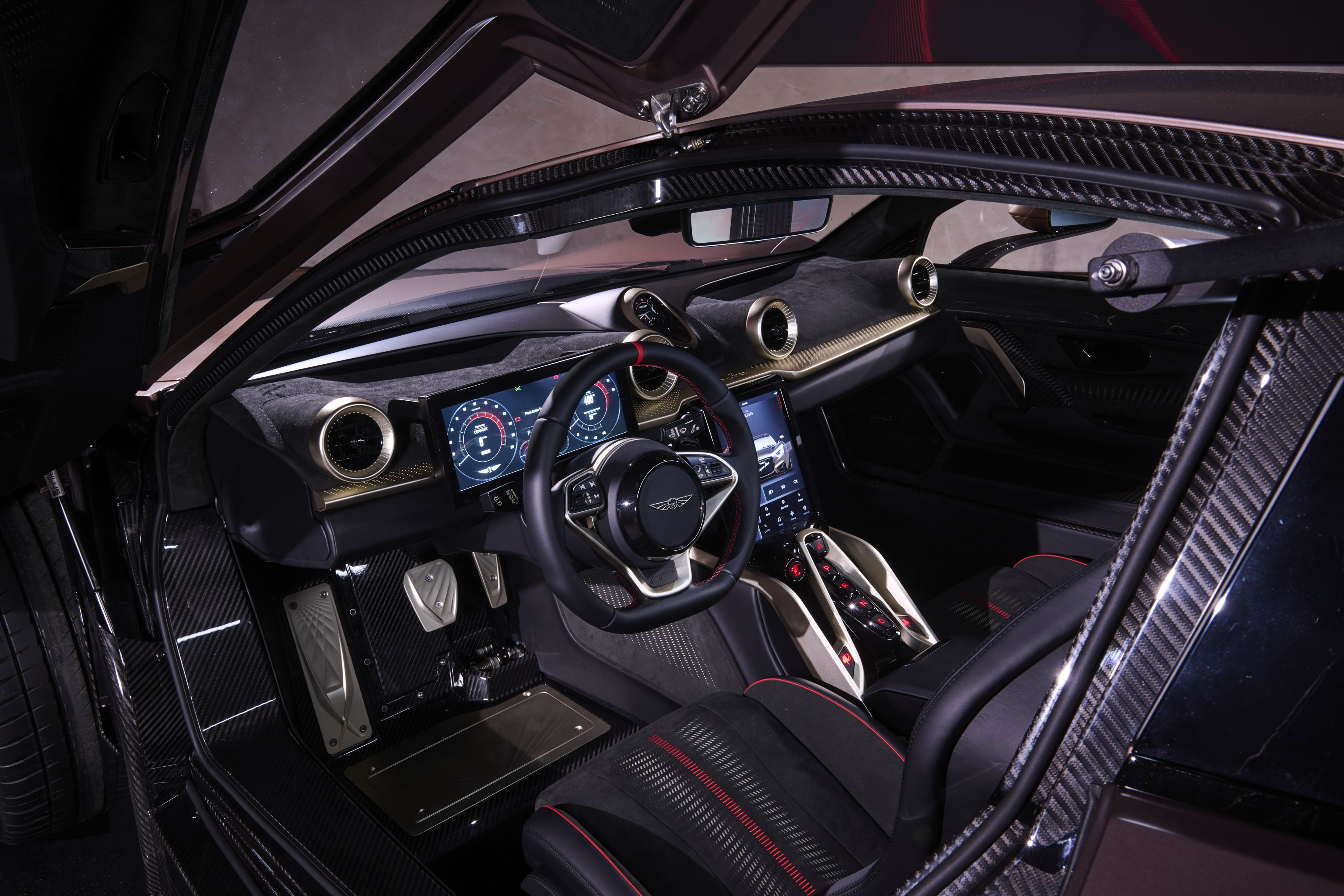
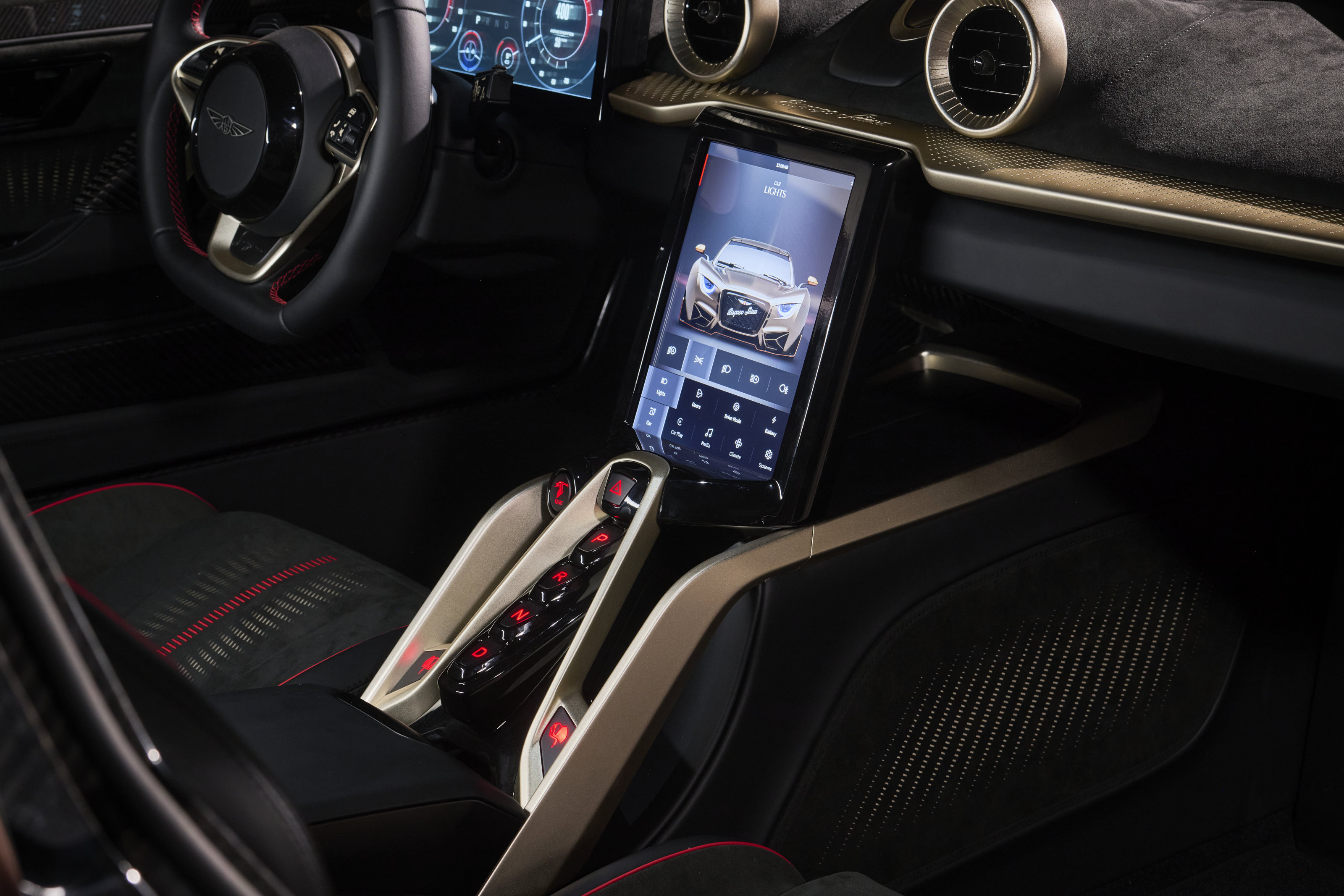
The performance takes the Carmen Sagrera into hypercar territory, with a 2.6 second sprint to 62mph, and revised transmission and suspension to give the model a more dynamic character. Hispano Suiza combine scarcity and drama in a car that stands well apart from convention.
Wallpaper* Newsletter
Receive our daily digest of inspiration, escapism and design stories from around the world direct to your inbox.
Hispano Suiza Carmen Sagrera, HispanoSuizaCars.com, @HispanoSuizaCarsOfficial
Jonathan Bell has written for Wallpaper* magazine since 1999, covering everything from architecture and transport design to books, tech and graphic design. He is now the magazine’s Transport and Technology Editor. Jonathan has written and edited 15 books, including Concept Car Design, 21st Century House, and The New Modern House. He is also the host of Wallpaper’s first podcast.
-
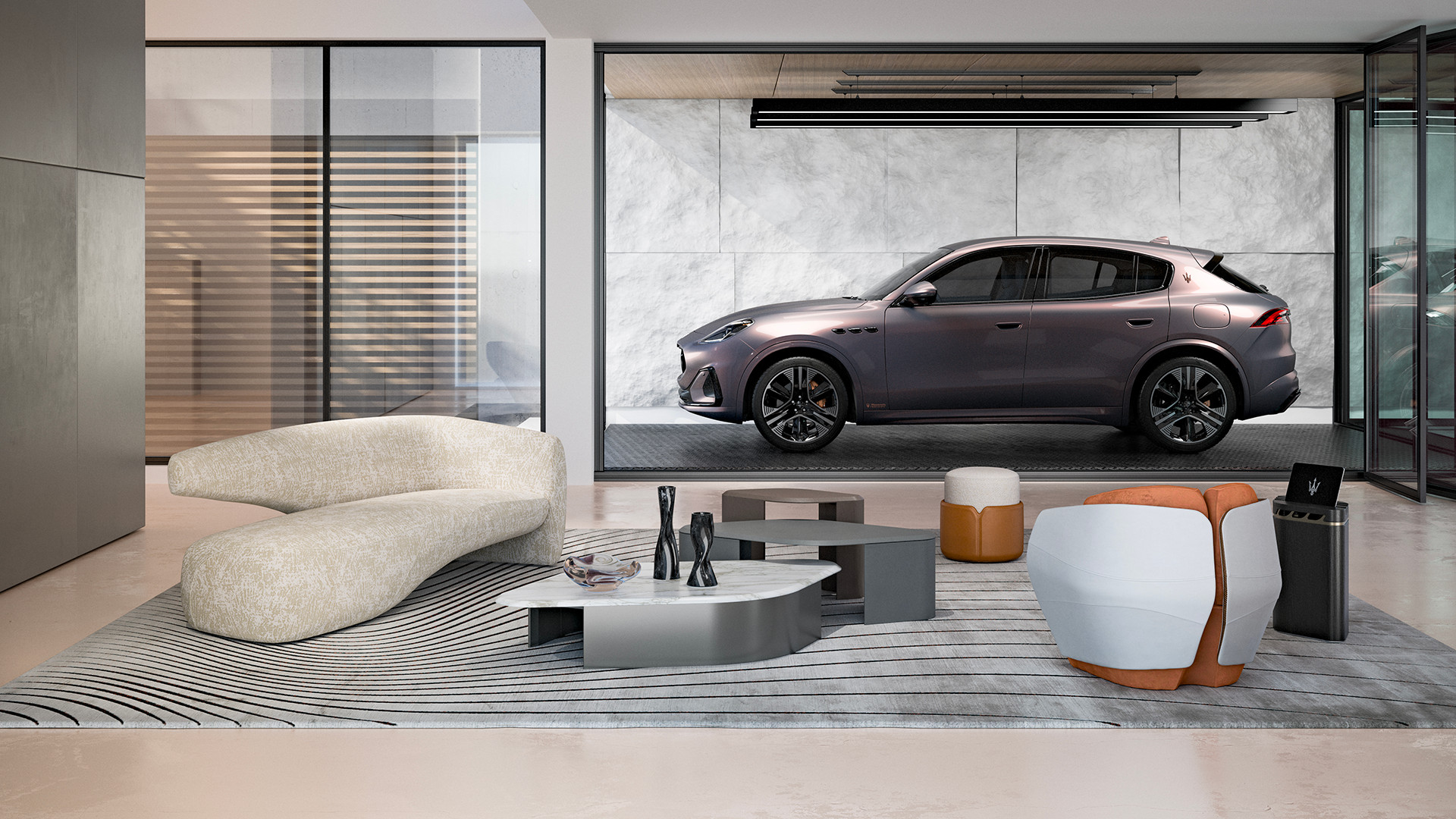 Maserati joins forces with Giorgetti for a turbo-charged relationship
Maserati joins forces with Giorgetti for a turbo-charged relationshipAnnouncing their marriage during Milan Design Week, the brands unveiled a collection, a car and a long term commitment
By Hugo Macdonald
-
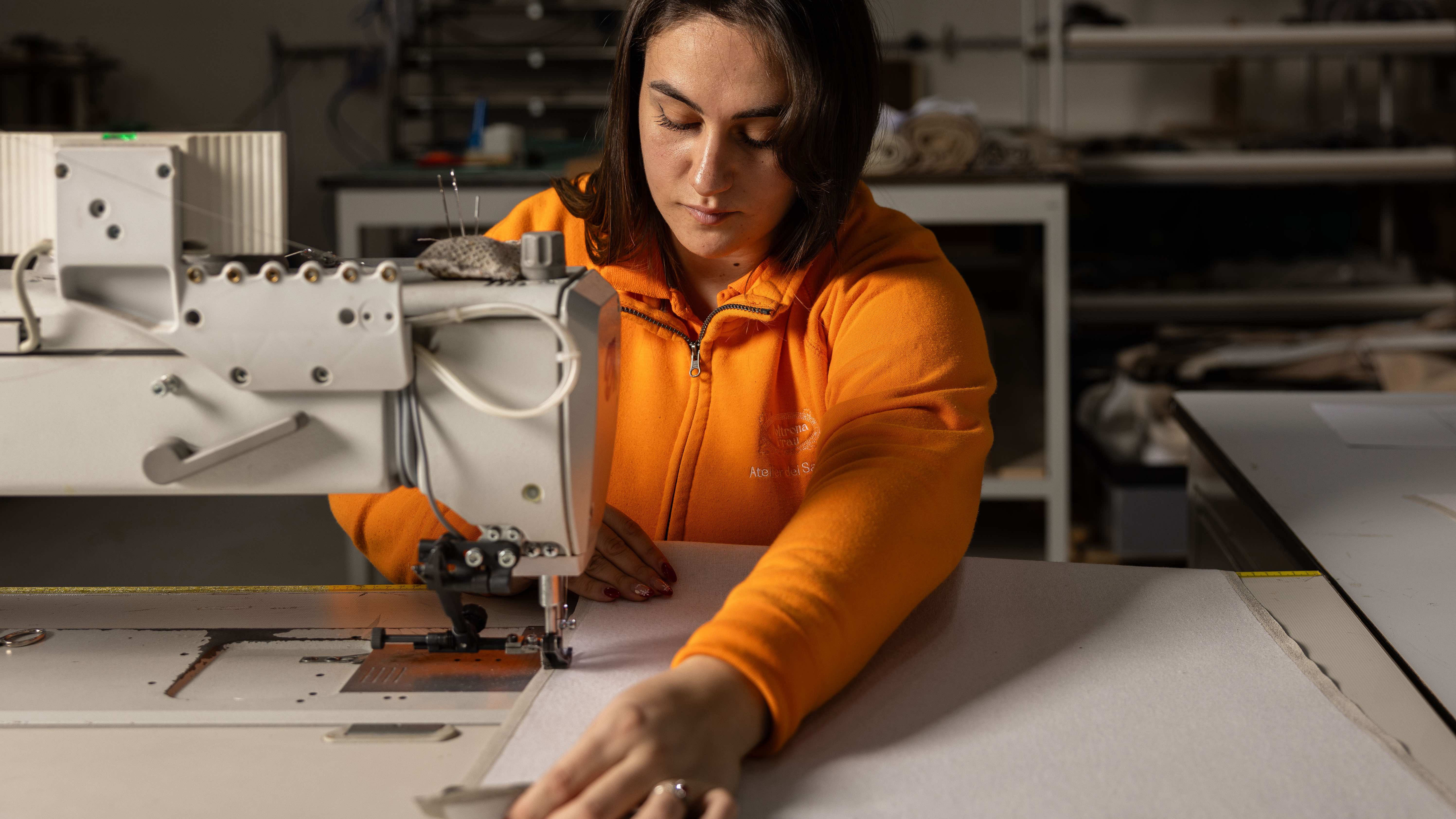 Through an innovative new training program, Poltrona Frau aims to safeguard Italian craft
Through an innovative new training program, Poltrona Frau aims to safeguard Italian craftThe heritage furniture manufacturer is training a new generation of leather artisans
By Cristina Kiran Piotti
-
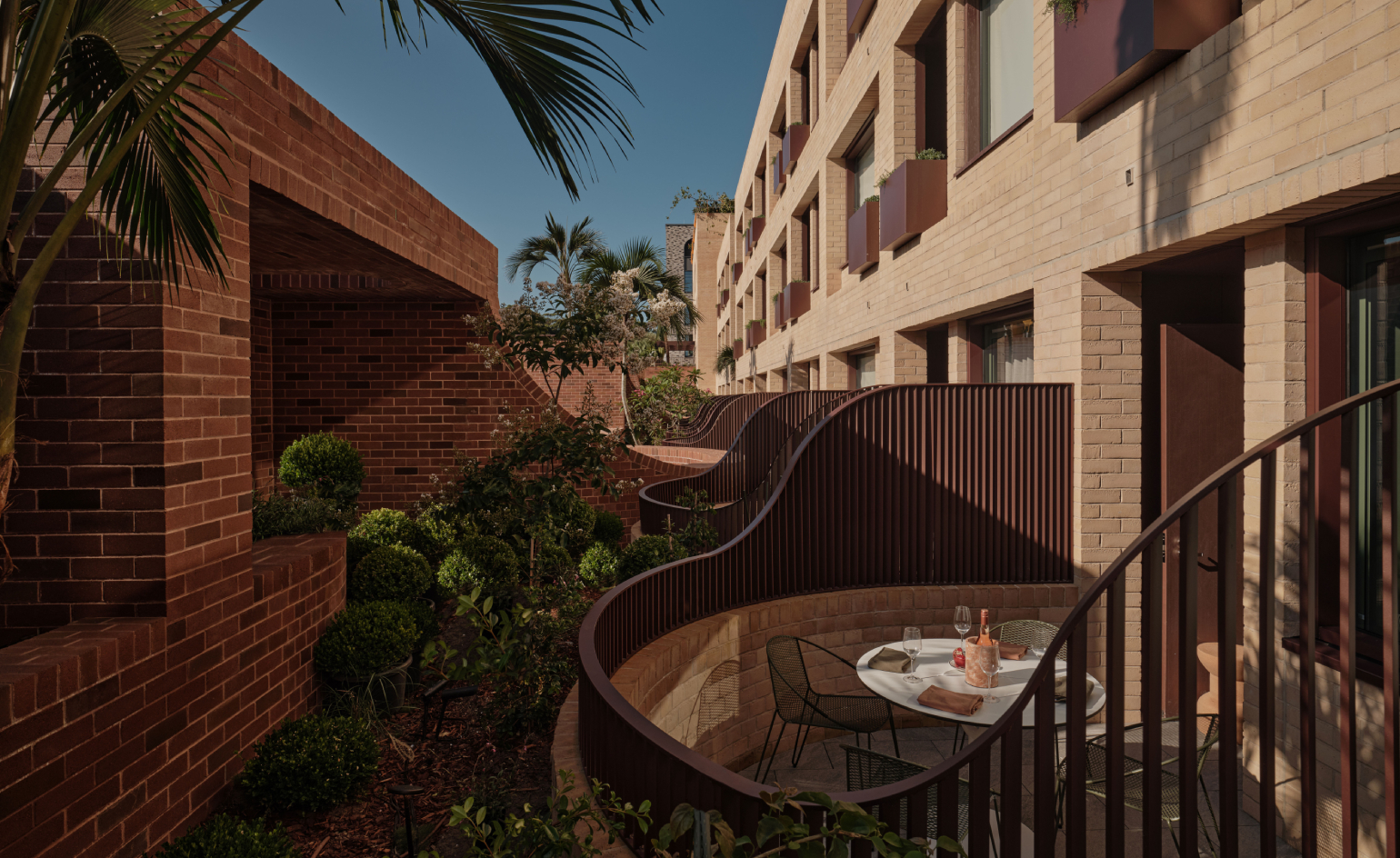 Wallpaper* checks in at The Eve Hotel Sydney: a lush urban escape
Wallpaper* checks in at The Eve Hotel Sydney: a lush urban escapeA new Sydney hotel makes a bold and biophilic addition to a buzzing neighbourhood that’s on the up
By Kee Foong
-
 2025 Seoul Mobility Show report: all that's new and notable
2025 Seoul Mobility Show report: all that's new and notableOpened at a time of high national drama, the 2025 Seoul Mobility Show has gone on to underscore Korea’s place at the cutting edge of the auto industry. Guy Bird was there
By Guy Bird
-
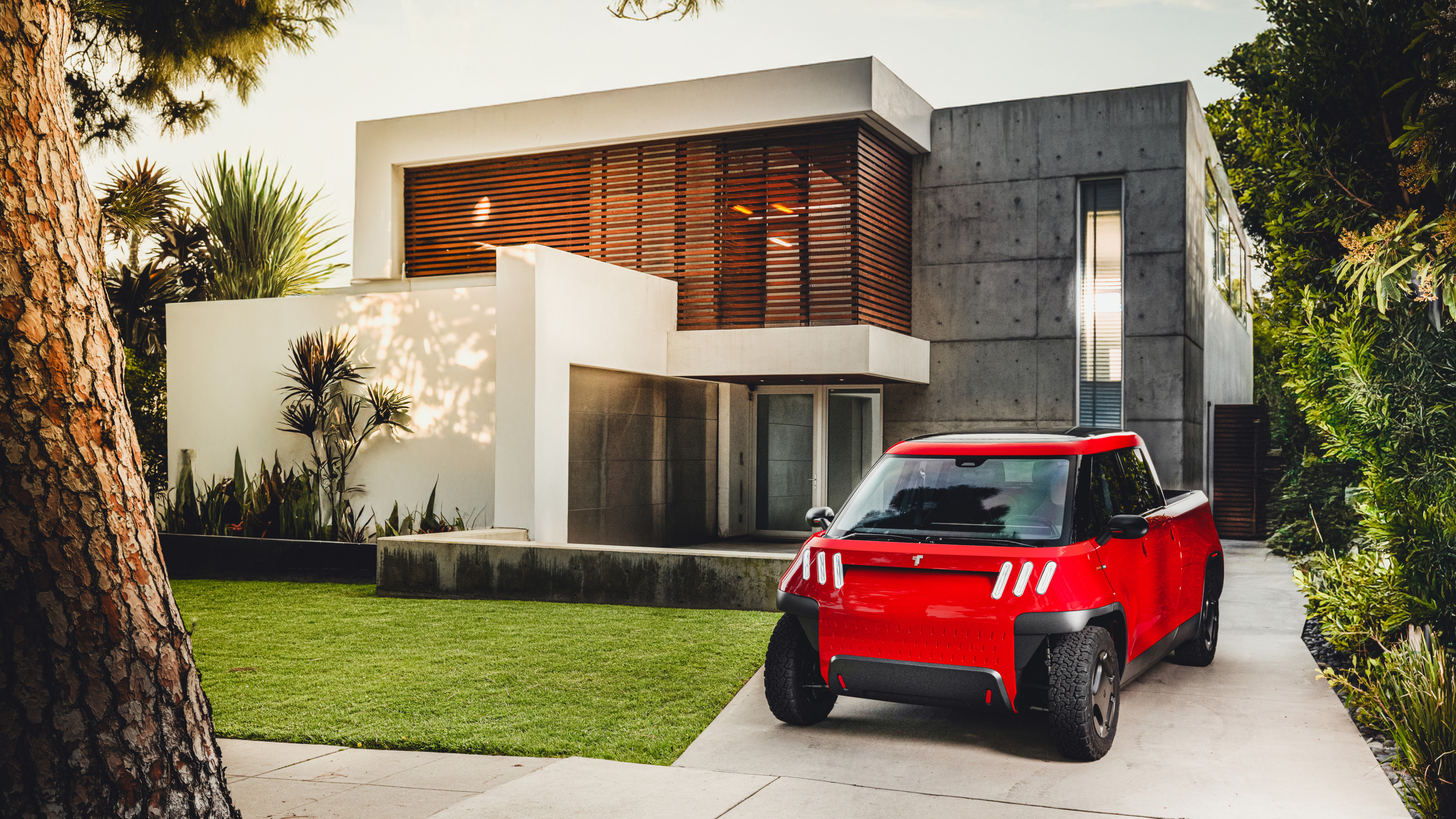 Meet the final drivable prototype of the Telo MT1 pickup truck, shaped by Fuseproject
Meet the final drivable prototype of the Telo MT1 pickup truck, shaped by FuseprojectThe Telo MT1 is a modestly scaled EV that turns the traditional all-American approach to pick-up truck design on its head
By Jonathan Bell
-
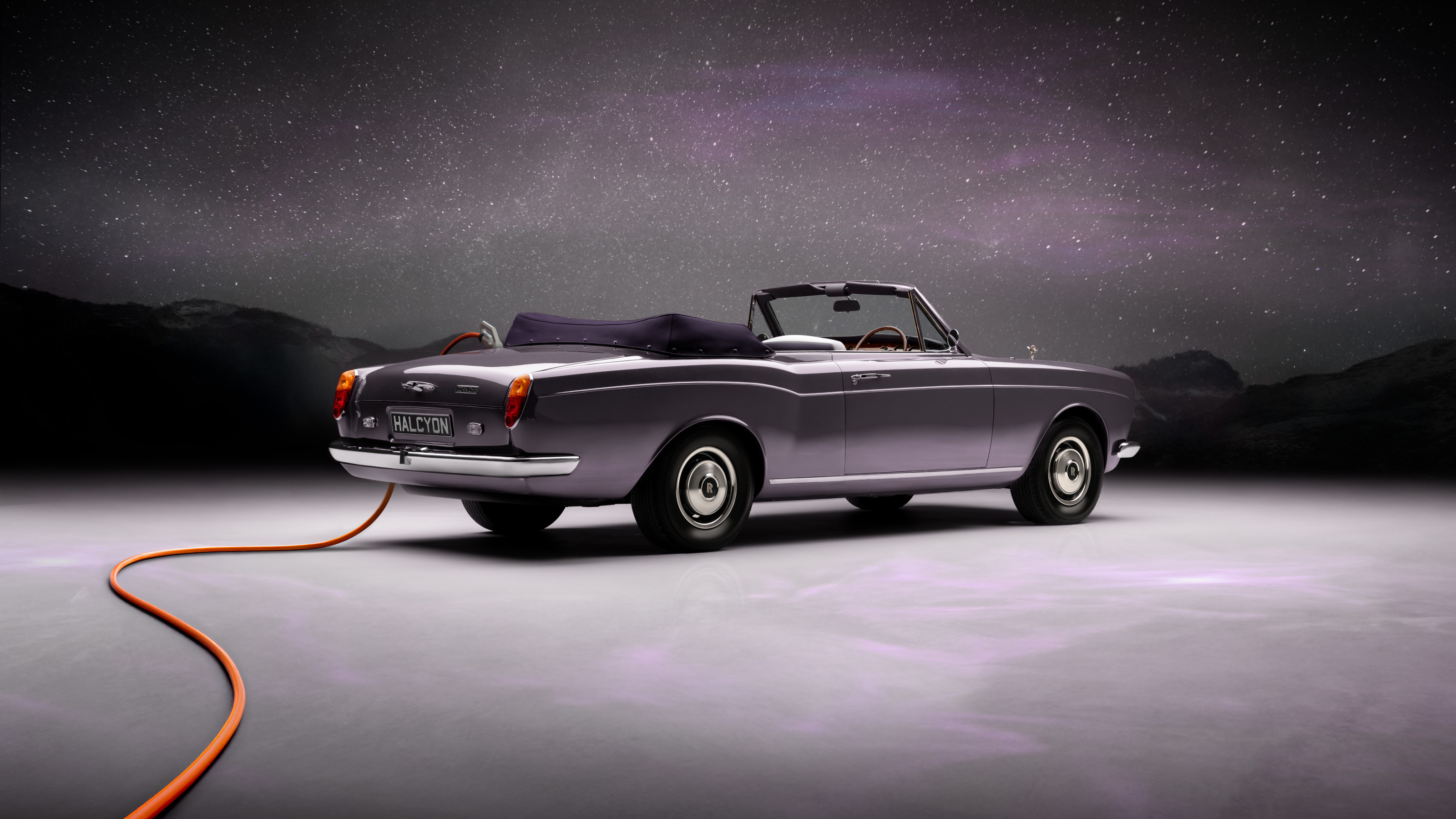 EV start-up Halcyon transforms a classic 1970s Rolls-Royce into a smooth electric operator
EV start-up Halcyon transforms a classic 1970s Rolls-Royce into a smooth electric operatorThis 1978 Rolls-Royce Corniche is the first fruit of a new electric restomod company, the Surrey-based Halcyon
By Jonathan Bell
-
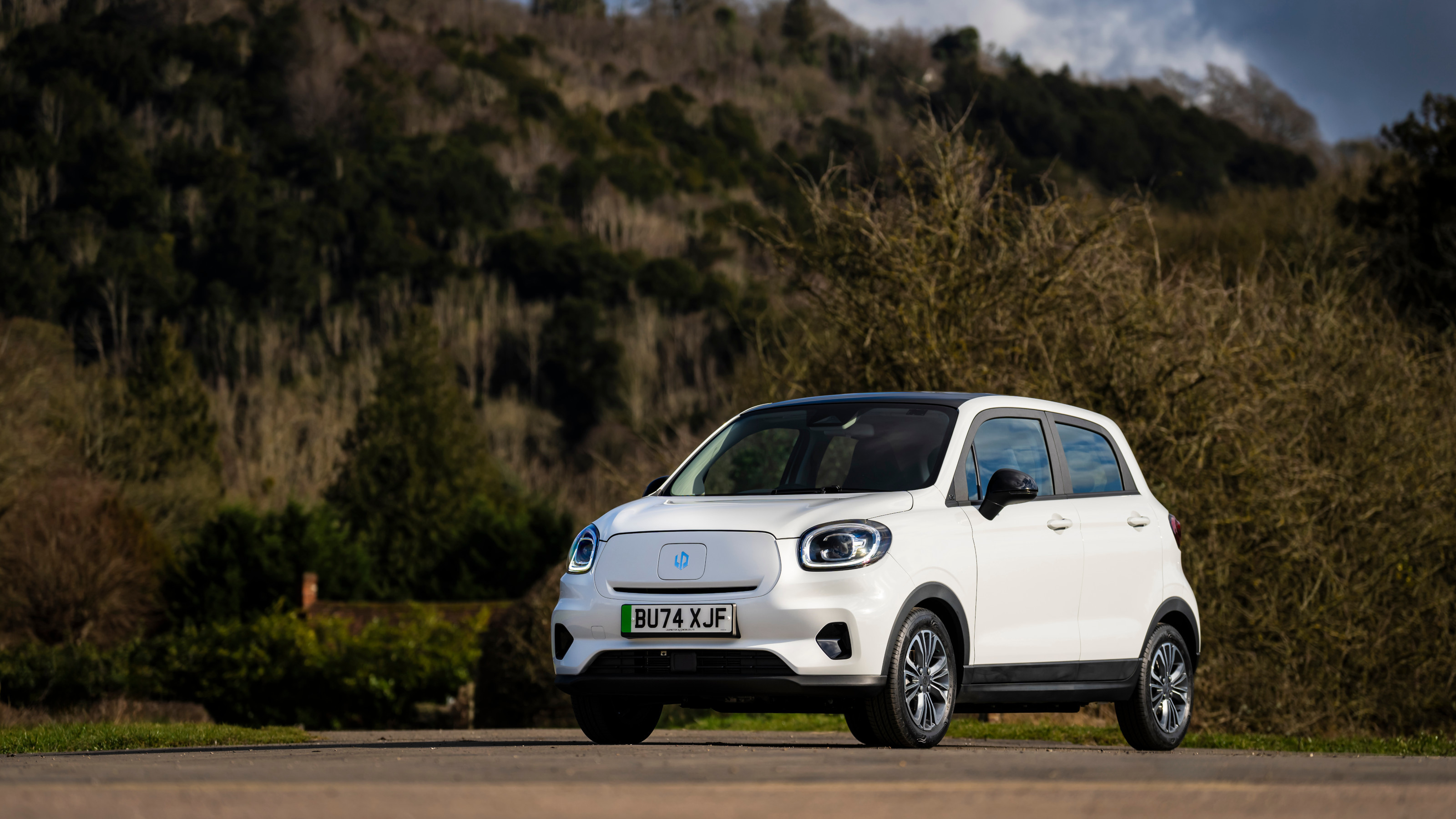 China’s Leapmotor pounces on the European car market with its T03 city car and C10 SUV
China’s Leapmotor pounces on the European car market with its T03 city car and C10 SUVLeapmotor’s tiny electric city car could be just the tonic for cramped urban Europe. We sample the T03 and its new sibling, the fully loaded C10 SUV, to see if the company’s value proposition stacks up
By Jonathan Bell
-
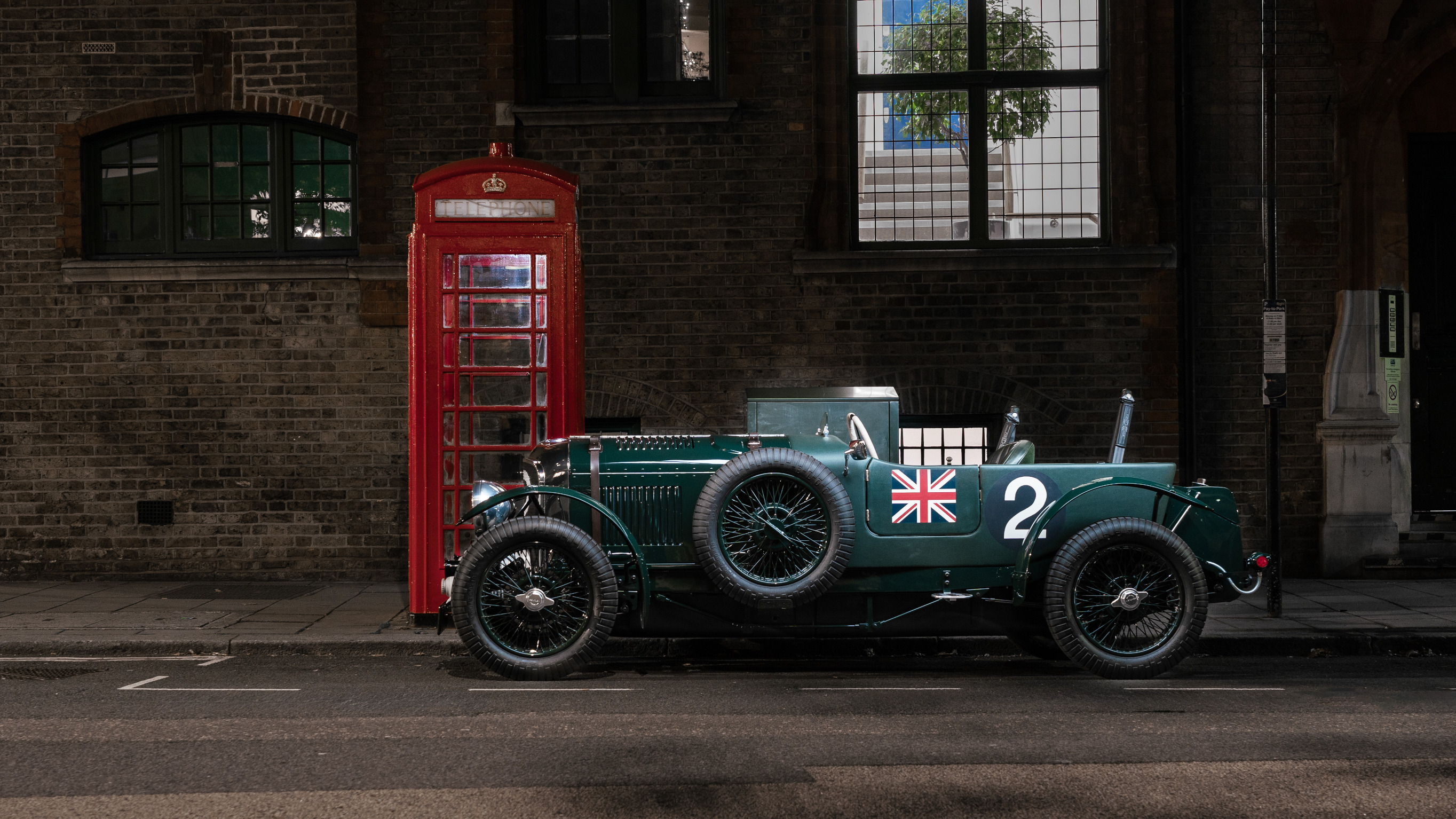 Wallpaper* takes the wheel of the Bentley Blower Jnr for a rich automotive experience
Wallpaper* takes the wheel of the Bentley Blower Jnr for a rich automotive experienceHedley Studios has shrunk the mighty Bentley Blower into this all-electric, road-legal barnstormer. We take it to the streets of London
By Jonathan Bell
-
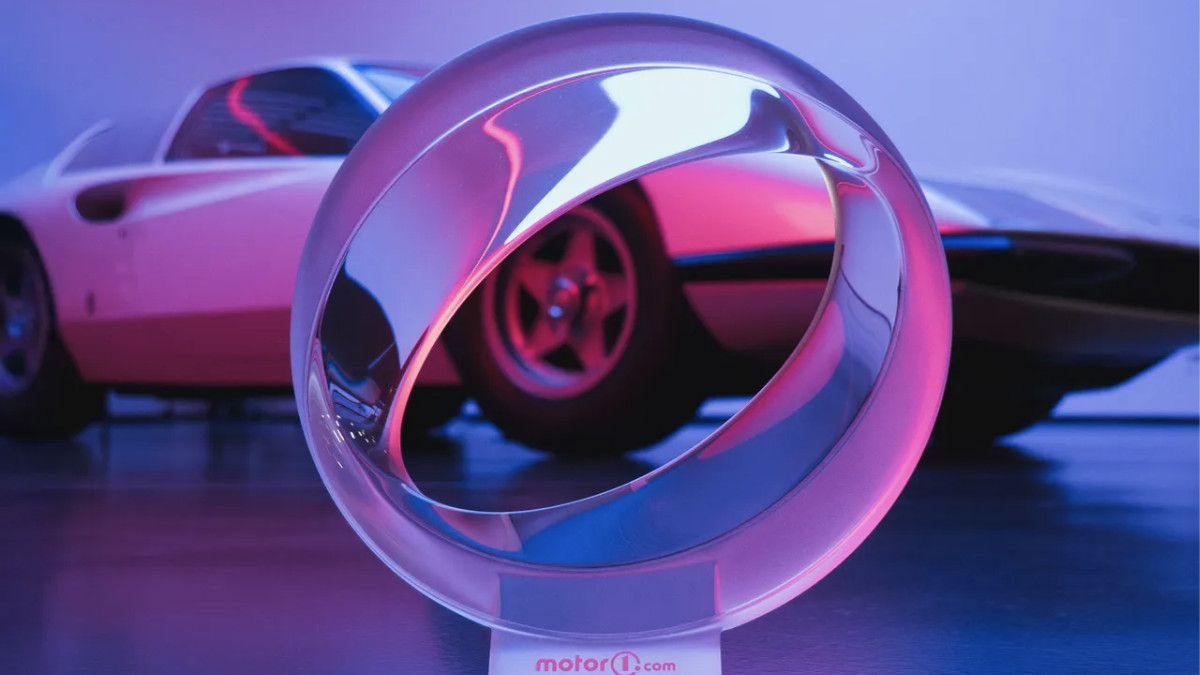 We are the world: Pininfarina’s ‘Orbis’ taps Papal support for an eco-friendly agenda
We are the world: Pininfarina’s ‘Orbis’ taps Papal support for an eco-friendly agendaThe Orbis is a ‘symbolic object’, a gift to Pope Francis from the Italian design agency at a time of political upheaval and social fracture around all aspects of sustainability
By Jonathan Bell
-
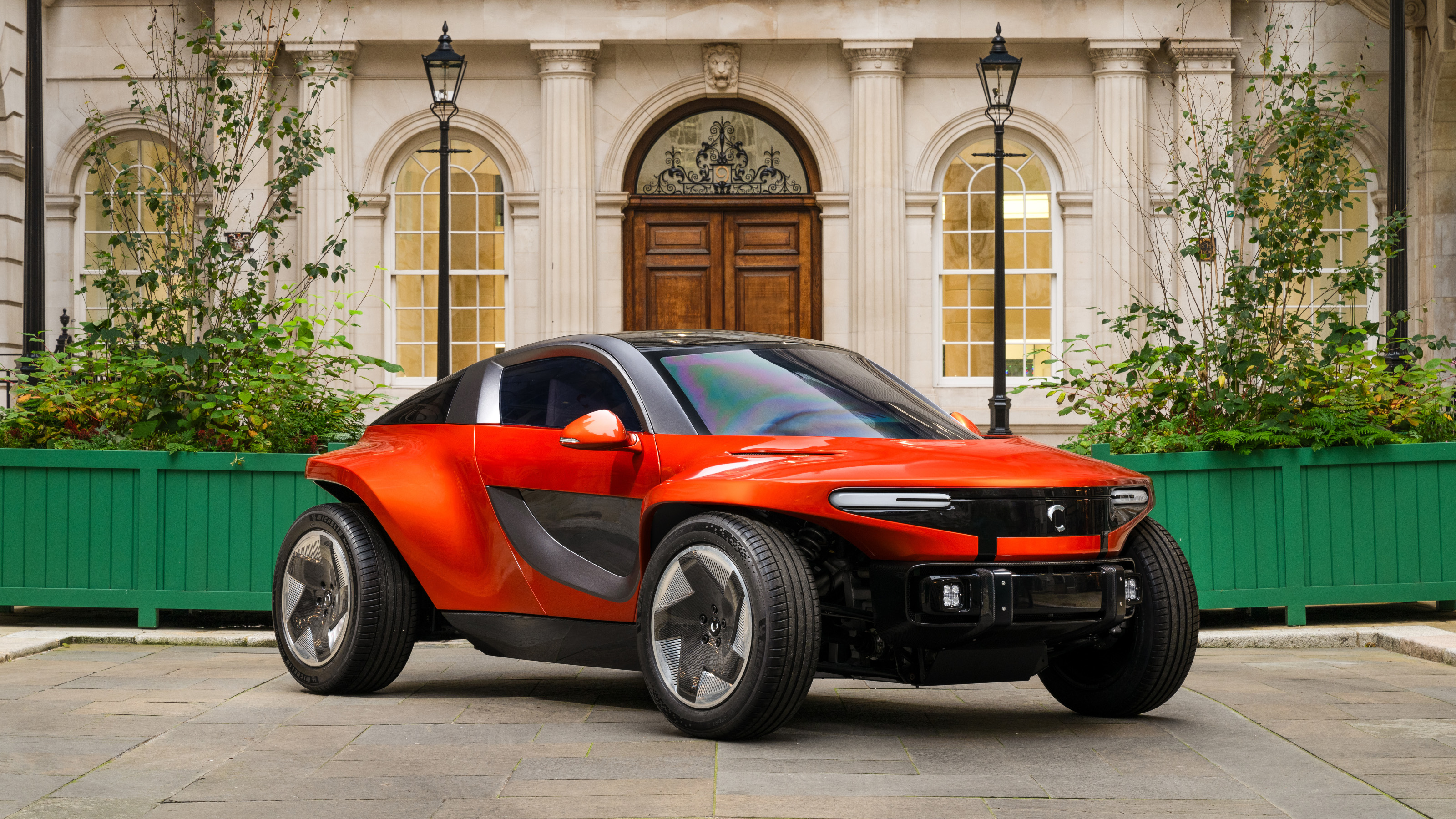 The exclusive Callum Skye EV reveals its interior style ahead of a 2025 launch
The exclusive Callum Skye EV reveals its interior style ahead of a 2025 launchThe Skye is a bespoke sporting EV with a lightweight ethos and an unconventional design. The forthcoming car now has a fully finished interior
By Jonathan Bell
-
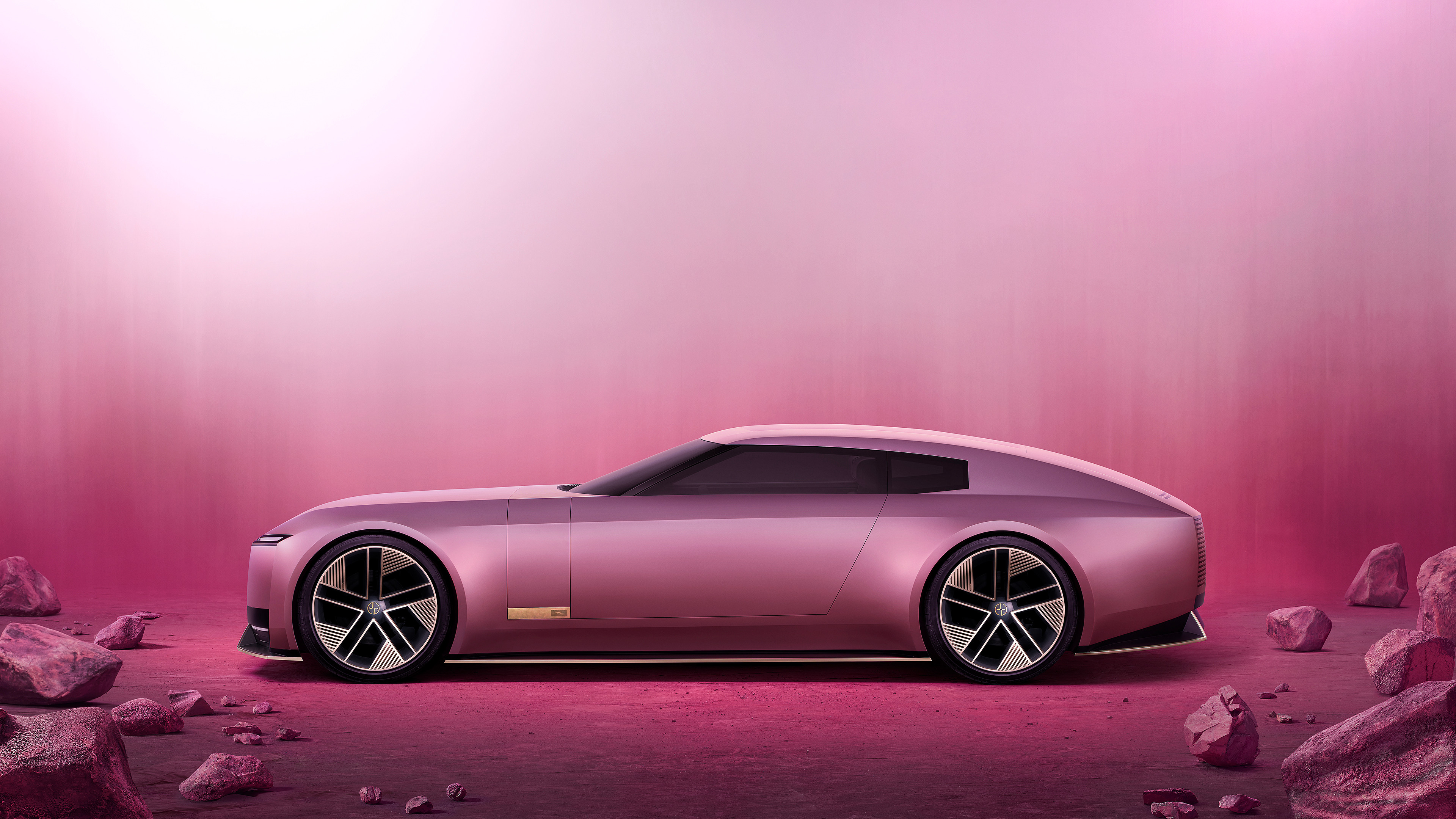 La Vie en Rose: can the Jaguar Type 00 reset the narrative surrounding the brand’s reinvention?
La Vie en Rose: can the Jaguar Type 00 reset the narrative surrounding the brand’s reinvention?This is the Jaguar Type 00, the first physical manifestation of the reborn brand’s new commitment to ‘Exuberant Modernism’. We take it for a semiotic spin
By Jonathan Bell